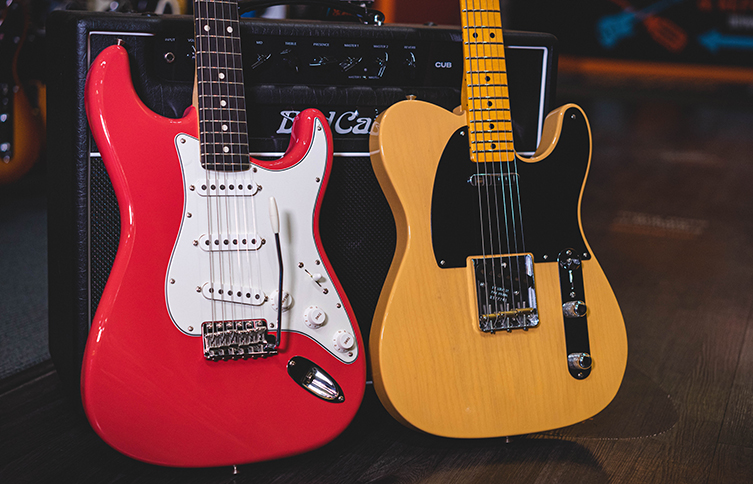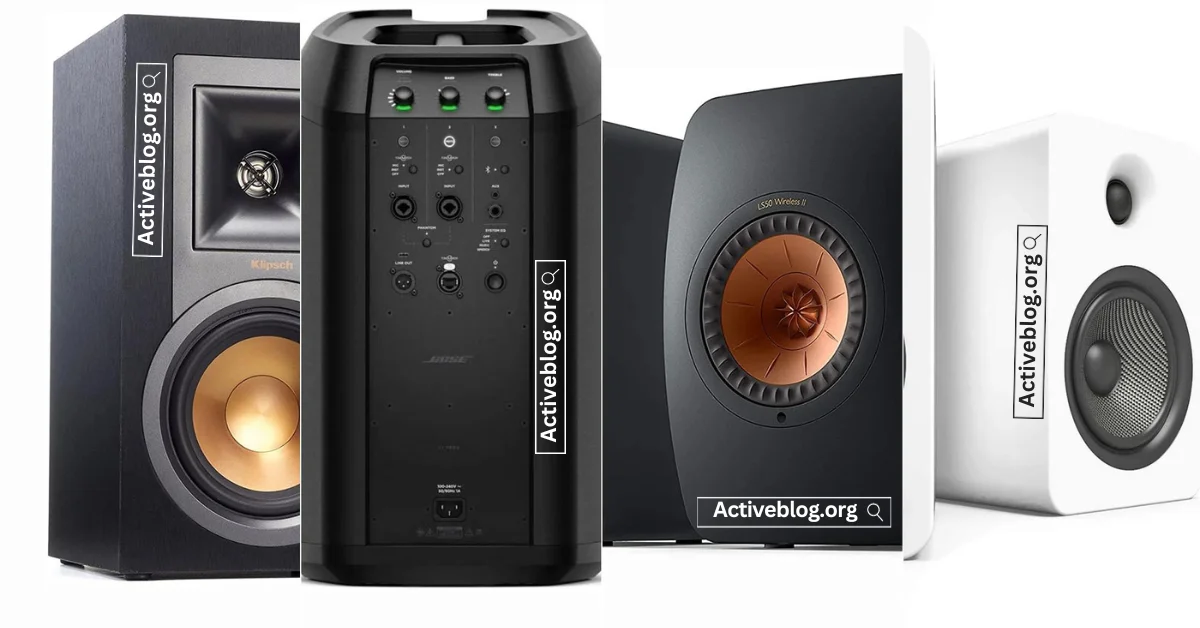In the fast-paced rhythm of our modern lives, finding moments of serenity and wellness has become increasingly vital. One such source of both physical and emotional well-being that often goes overlooked is the simple act of playing piano. While we often associate piano playing with beautiful melodies and virtuosic performances, there’s more to it than meets the eye, or in this case, the ear.
Fine-Tuning Motor Skills from an Early Age
Let’s start with our budding musicians, the young learners. Encouraging children to take up piano lessons does much more than just introduce them to the world of music. Regular piano practice becomes a playground for honing their fine motor skills and enhancing hand-eye coordination. The precise finger movements required to navigate the piano keys promote dexterity and control, skills that prove invaluable in various aspects of life.
Ageless Harmonies: Piano and the Aging Process
Surprisingly, the benefits of playing piano extend well beyond childhood and adolescence. Even older adults who decide to embark on a musical journey by taking up piano lessons experience a remarkable transformation. One of the most fascinating effects is the increase in their levels of Human Growth Hormone (HGH). This hormone plays a crucial role in countering the aging process by promoting cell regeneration and repair.
As we age, our bodies naturally produce less HGH, which can lead to a myriad of age-related issues. However, engaging in regular piano practice has been shown to stimulate the release of this vital hormone. It’s as if the piano keys hold the secret to rejuvenation, offering adults a unique way to maintain their physical vitality and resilience against the passage of time.
The Healing Power of Music
Beyond the physical aspects, playing piano introduces music into our lives, and music, as they say, is food for the soul. Research has consistently demonstrated the profound impact of music on our overall well-being. It’s like a natural medicine that boosts our immune system, reduces blood pressure, regulates heart and breathing rates, mitigates heart-related problems, and alleviates anxiety.
Playing the piano, in particular, engages both sides of the brain, stimulating cognitive function and promoting mental agility. This mental workout not only sharpens our intellect but also provides a sense of accomplishment and joy that can be therapeutic in itself.
A Stress-Reliever and Mood Elevator
For many, the piano becomes a trusted confidant during times of stress and emotional turbulence. The act of playing can serve as a powerful stress-reliever, allowing individuals to channel their emotions and find solace in the soothing sounds they create. It’s a form of self-expression that can help alleviate anxiety and depression, providing a sense of catharsis and emotional release.
Moreover, music, including piano melodies, has the incredible ability to elevate our mood. Whether we’re playing a melancholic piece to express our sorrows or a lively composition to celebrate our joys, the act of creating music can be profoundly therapeutic. It’s a means of connecting with our emotions and finding harmony within ourselves.
Conclusion
In a world where we often seek external solutions for our well-being, it’s important to remember the hidden gems that lie within our own capabilities. playing piano is not just about producing beautiful music; it’s a holistic experience that nurtures our physical health and emotional balance.
From the fine motor skills of young learners to the age-defying effects on older adults, and the overall well-being it brings to people of all ages, the piano has proven itself as a timeless companion on the journey to a healthier, happier life. So, whether you’re a curious beginner or a seasoned pianist, the keys to a harmonious life may be right at your fingertips.










